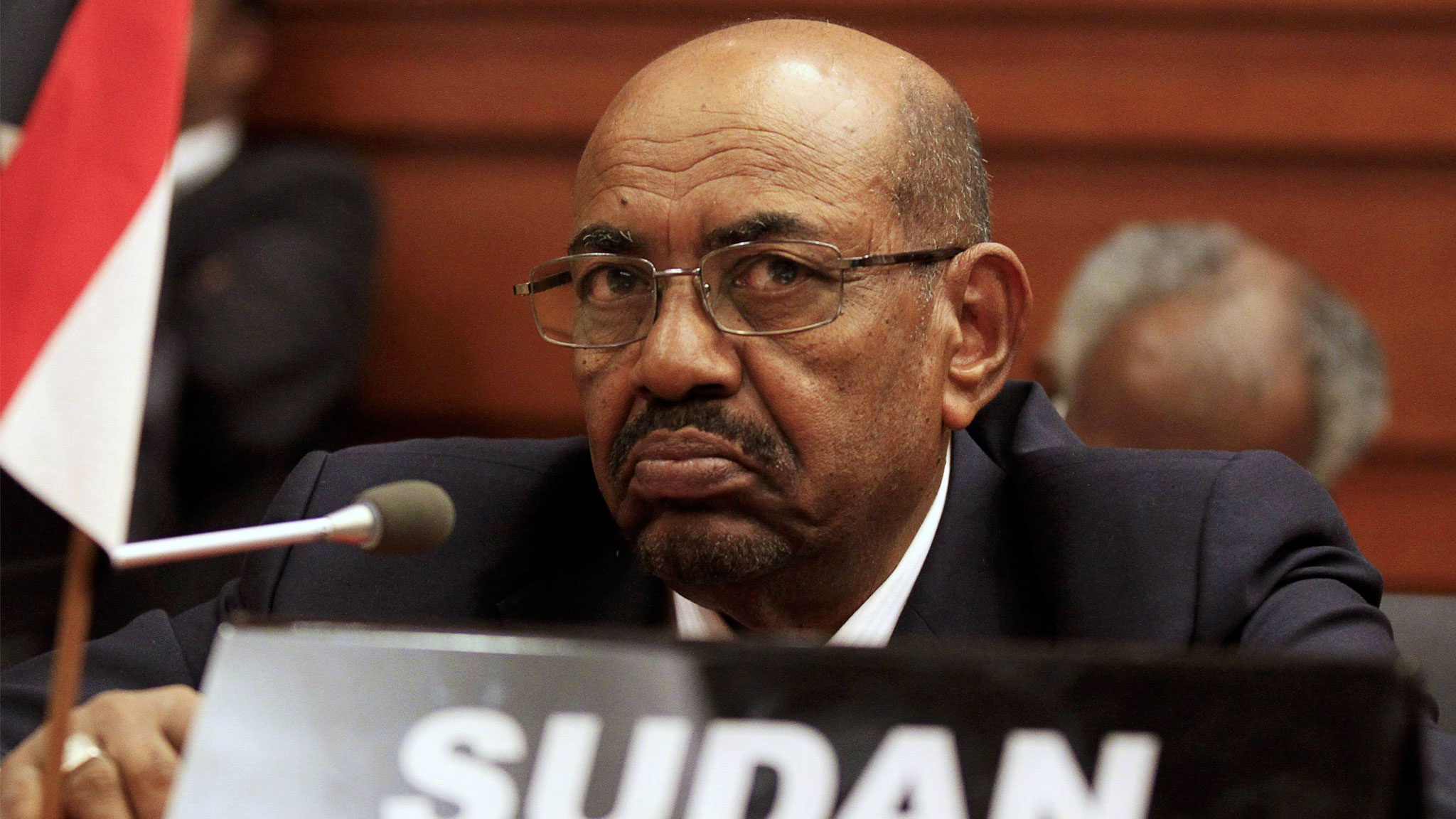“In coming here Omar al-Bashir was arrogant, but his arrogance was supported by the fact that he knew he had the support of the South African executive.” This was the view of Institute for Security Studies senior researcher, Ottilia Anna Maunganidze amidst criticism over government’s failure to act on a court order barring the Sudanese president from leaving the country during the recent African Union (AU) summit.
Al-Bashir was the subject of an application by the Southern African Litigation Centre (SALC), who had tried to get government to act on an International Criminal Court (ICC) arrest warrant against the controversial dictator. Despite the bid, and a high court ruling stating that al-Bashir not be allowed to leave the country until the application was addressed, the Sudanese leader still managed to slip out of the country.
Maunganidze said al-Bashir’s visit in itself came under the guise that he was “above the law” and absolved from prosecution as long as he remained on African soil, a notion potentially confirmed by recent events. She said the event also raised the question that if government in this instance failed to adhere to the ruling of the judiciary, would the same be seen in serious domestic issues.
The incident is not the first time South Africa has had to contend with the warrant hanging over al-Bashir’s head. Maunganidze noted that in 2009 the leader was invited to attend the inauguration of President Jacob Zuma. During that instance, the Department of International Relations had indicated its position that it would have to act on the warrant if he set foot in the country. This raised major questions as to why government had now backtracked on that position.
“To say that they were put in a difficult place now is to forget past events where they have shown their resolve, and stood by international criminal justice. Of course there was a need to balance the politics and law in this situation, but they could have done so without flouting decisions of the court,” she said.
Maunganidze was adamant that as long as al-Bashir remained in power in Sudan, it was unlikely he would ever face justice before the ICC. Even more unlikely was any prosecution by an African court, be it domestically or regionally.
Overshadowed by the saga was another development that failed to garner much publicity. It has been reported that one of the topics of the event sough to address ways of altering the operating procedures of the summit itself. This included limiting civil society access, a convincing sign that ‘good governance’ was on the decline on the African continent.
“If we (civil society) don’t do something in responding to what is going on our continent, it will continue going on as is. I do applaud the efforts of the Southern African Litigation Centre (SALC), though in vain, for getting that arrest warrant for al-Bashir and the judiciary for confirming that the SA government should not have let him leave the country,” she added. VOC (Mubeen Banderker)






 WhatsApp us
WhatsApp us 

